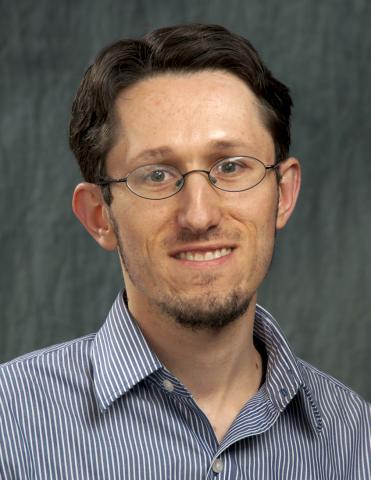event
SCS Seminar Series: Zsolt Kira
Primary tabs
TITLE: Towards Continual Learning: Learning to Cluster in Order to Transfer Across
Domains and Tasks
BIO:
Dr. Zsolt Kira is a senior research scientist and branch chief of the machine learning and analytics group at the Georgia Tech Research Institute (GTRI). He is also an adjunct at the School of Interactive Computing and associate director of Georgia Tech’s Machine Learning Center (ML@GT). He conducts research in the areas of machine learning for sensor processing and perception, with emphasis on feature learning (especially using deep learning architectures) for multi-modal object detection, scene characterization, and transfer learning. He has over 25 publications in these areas, several best paper/student paper and other awards, and has been invited to speak at related workshops in both academia and within the DoD.
ABSTRACT:
The processing of raw sensor data has been revolutionized by deep learning techniques. However, current learning methods are limited in several ways: They are single-modality, do not attempt to understand semantic information in a fine-grained temporal manner, and are beholden to strong assumptions about the data (e.g. that the test distribution is the same as the training distribution). In this talk, I will describe work on moving beyond current methods to develop a richer multi-modal and fine-grained scene understanding, as well as methods that can use transfer learning to deal with domain shift or the existence of new, unknown categories entirely. I will focus especially on this latter work, where we use deep learning to learn how to cluster and apply it on new, unlabeled datasets. We specifically use a neural network to train a similarity metric from labeled data, and develop a new loss function that jointly optimizes the underlying features as well as cluster assignments using only noisy pair-wise constraints derived from the transferred similarity metric. We demonstrate state of art results in these areas, compared to other domain adaptation and constrained or unconstrained clustering methods. I conclude by describing how such methods can move towards life-long and continually learning systems that can effectively leverage multi-modal and unlabeled data to continuously adapt to a changing environment.
TGIF Reception held immediately after in the MiRC atrium.
Status
- Workflow status: Published
- Created by: Tess Malone
- Created: 01/09/2018
- Modified By: Tess Malone
- Modified: 01/09/2018
Categories
Keywords
User Data
Target Audience

